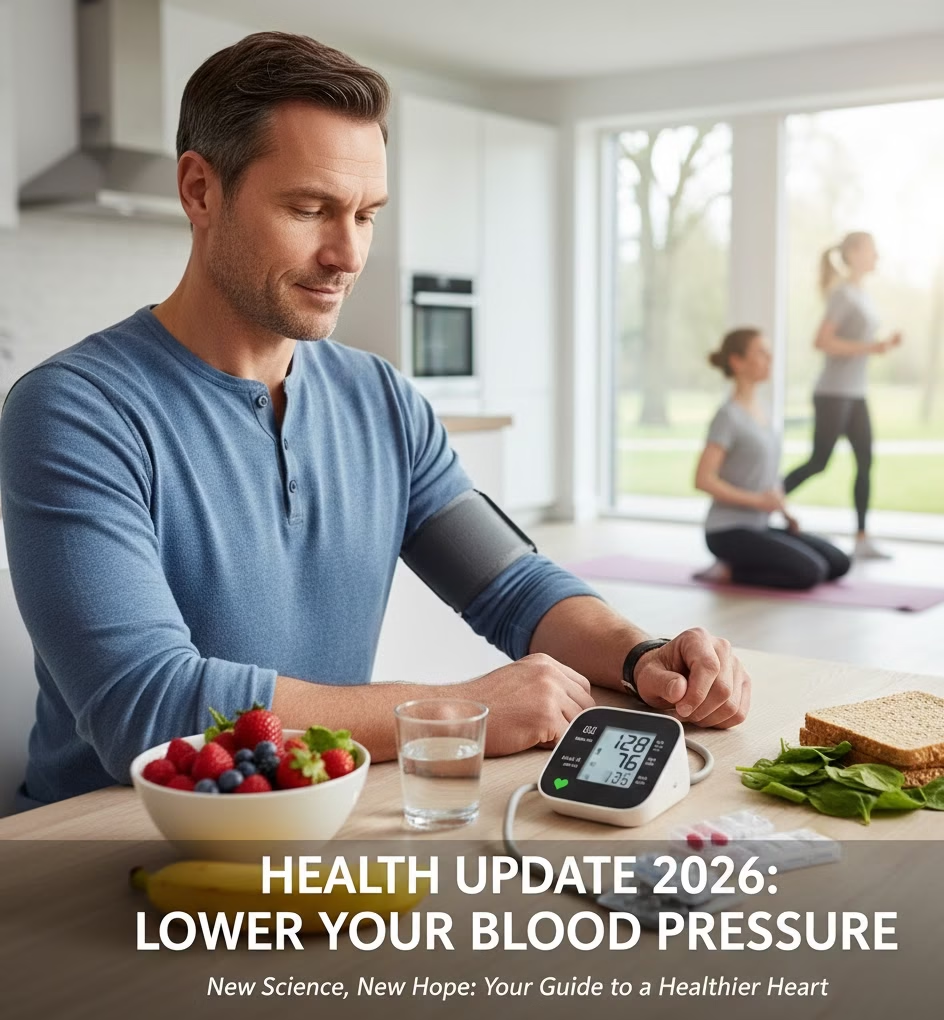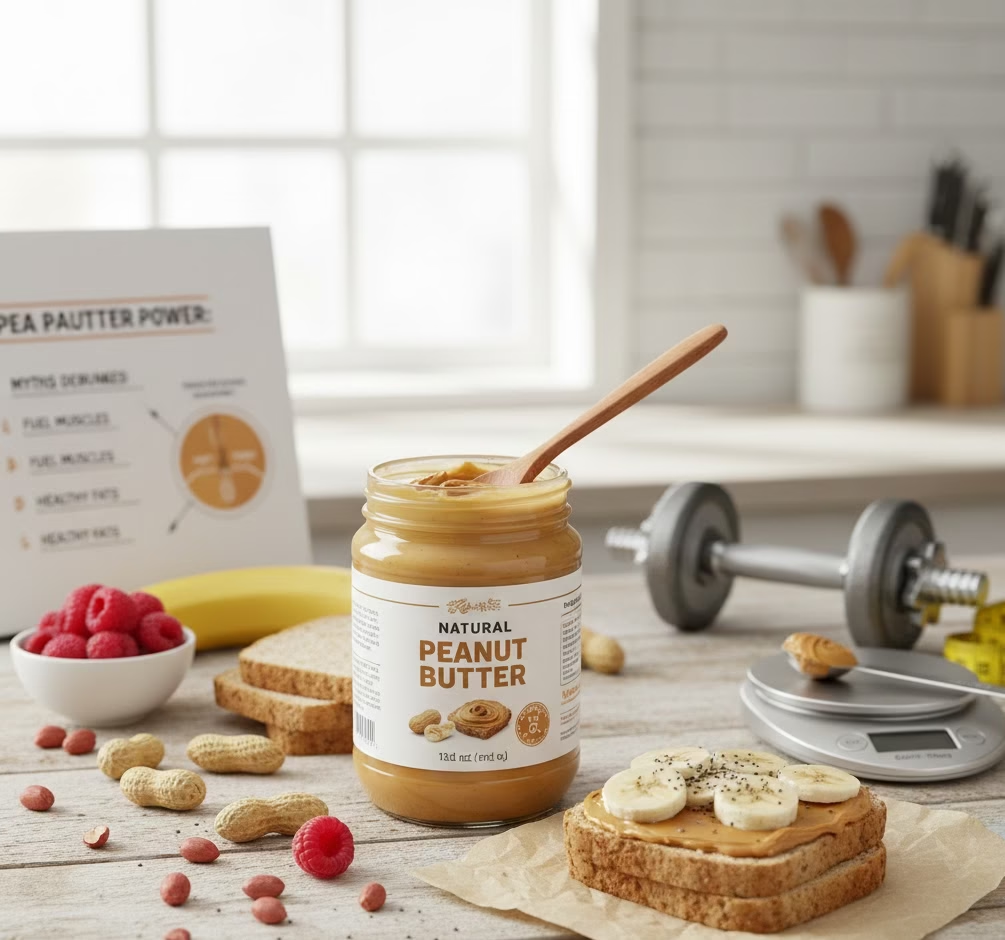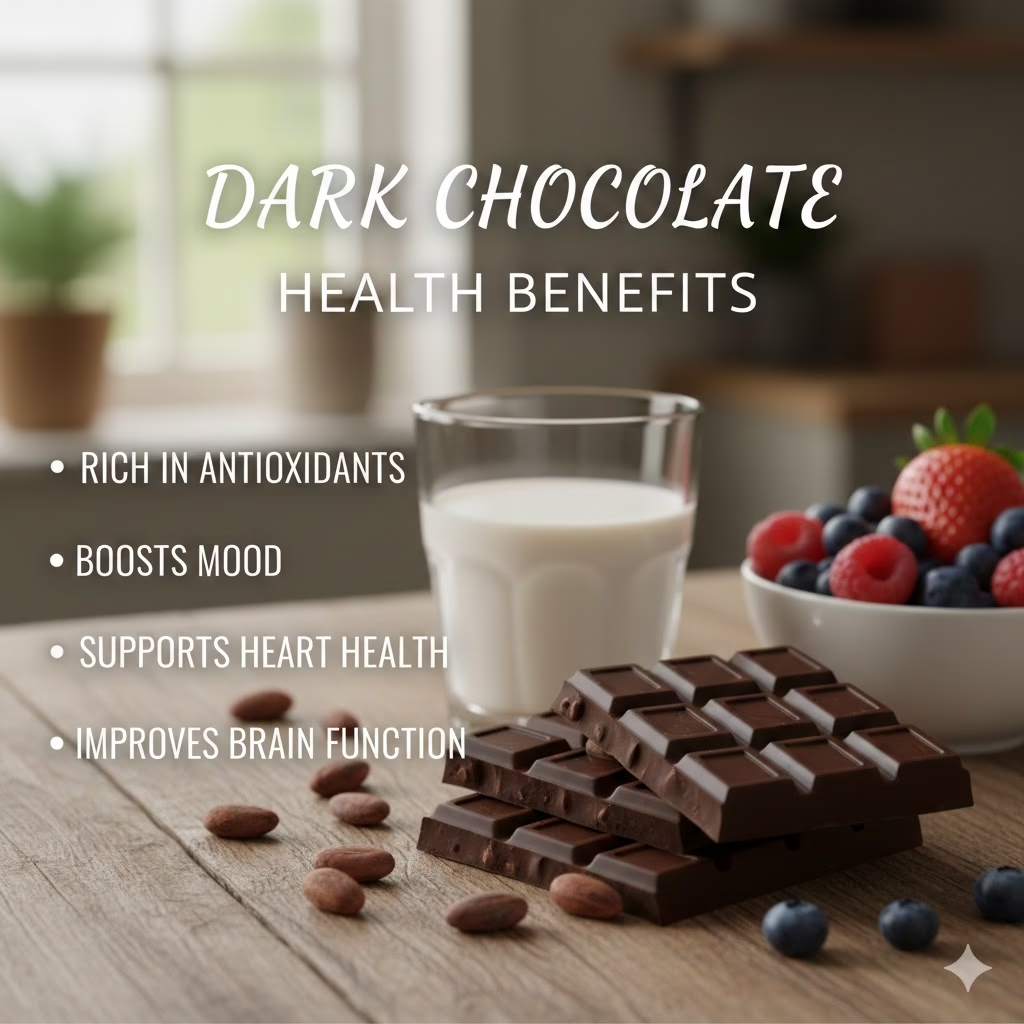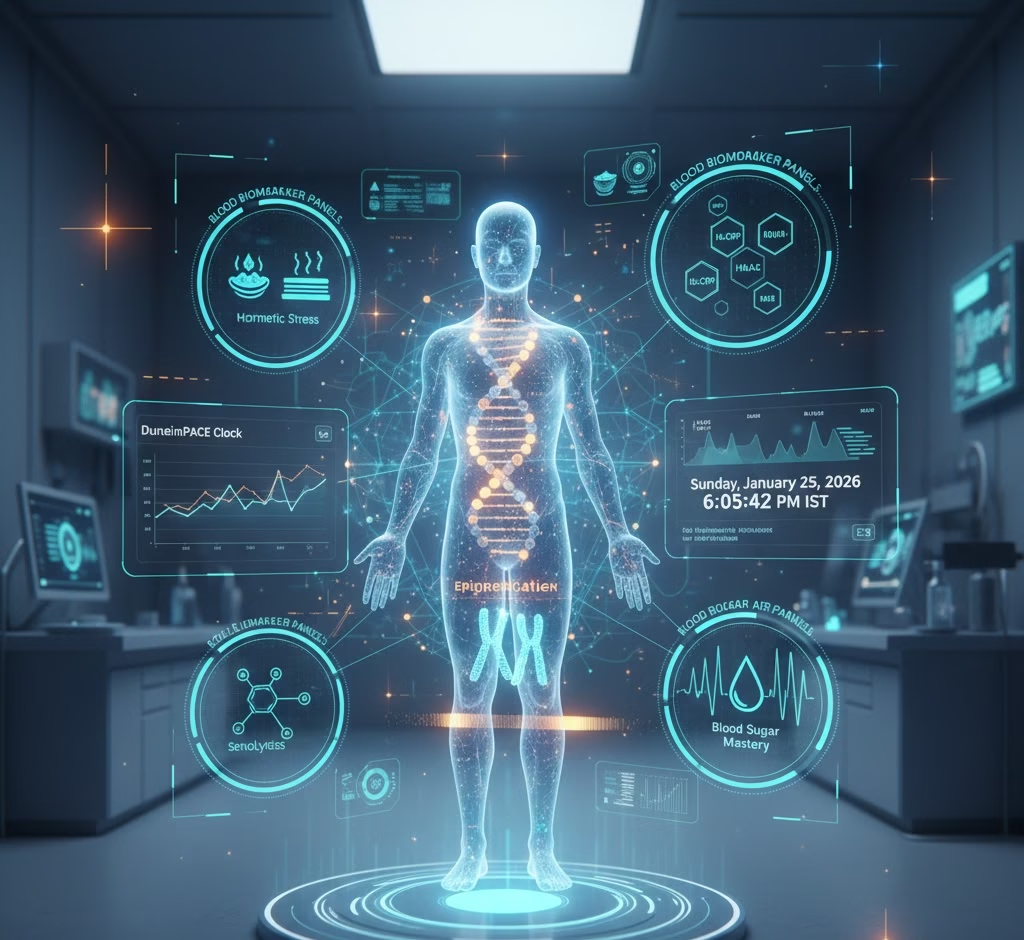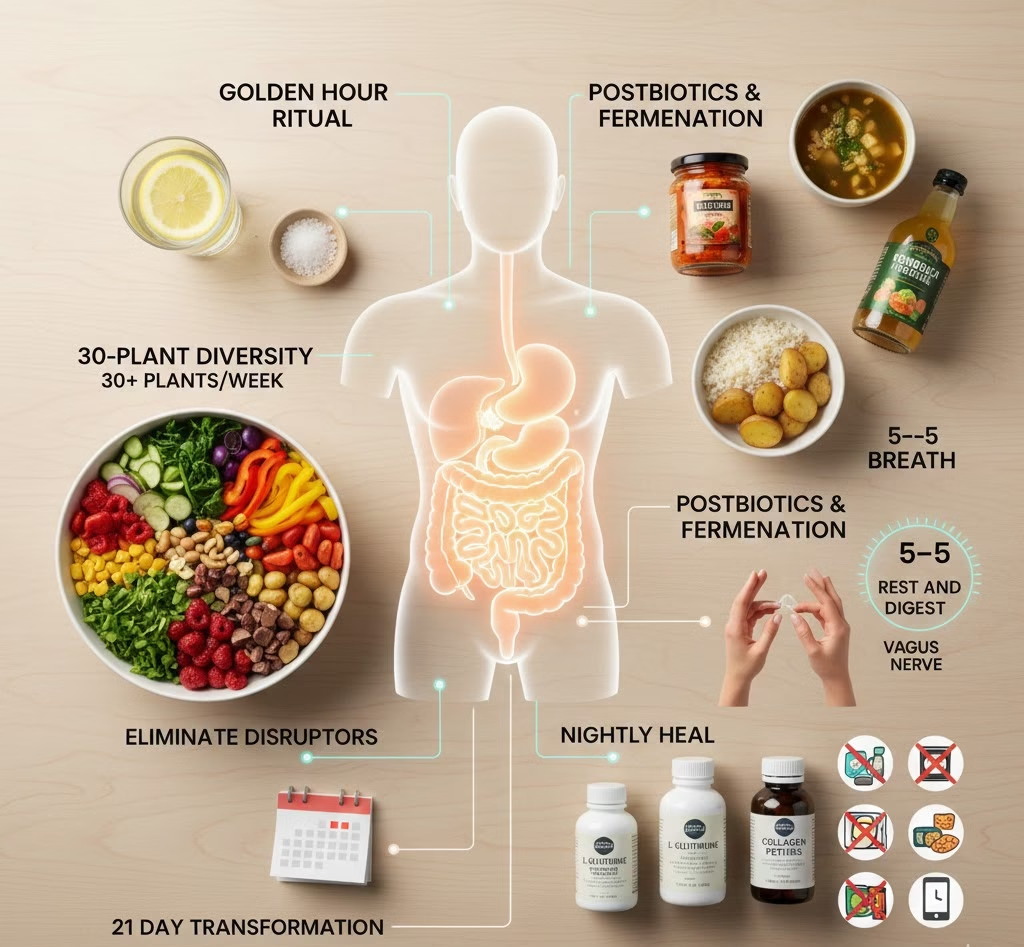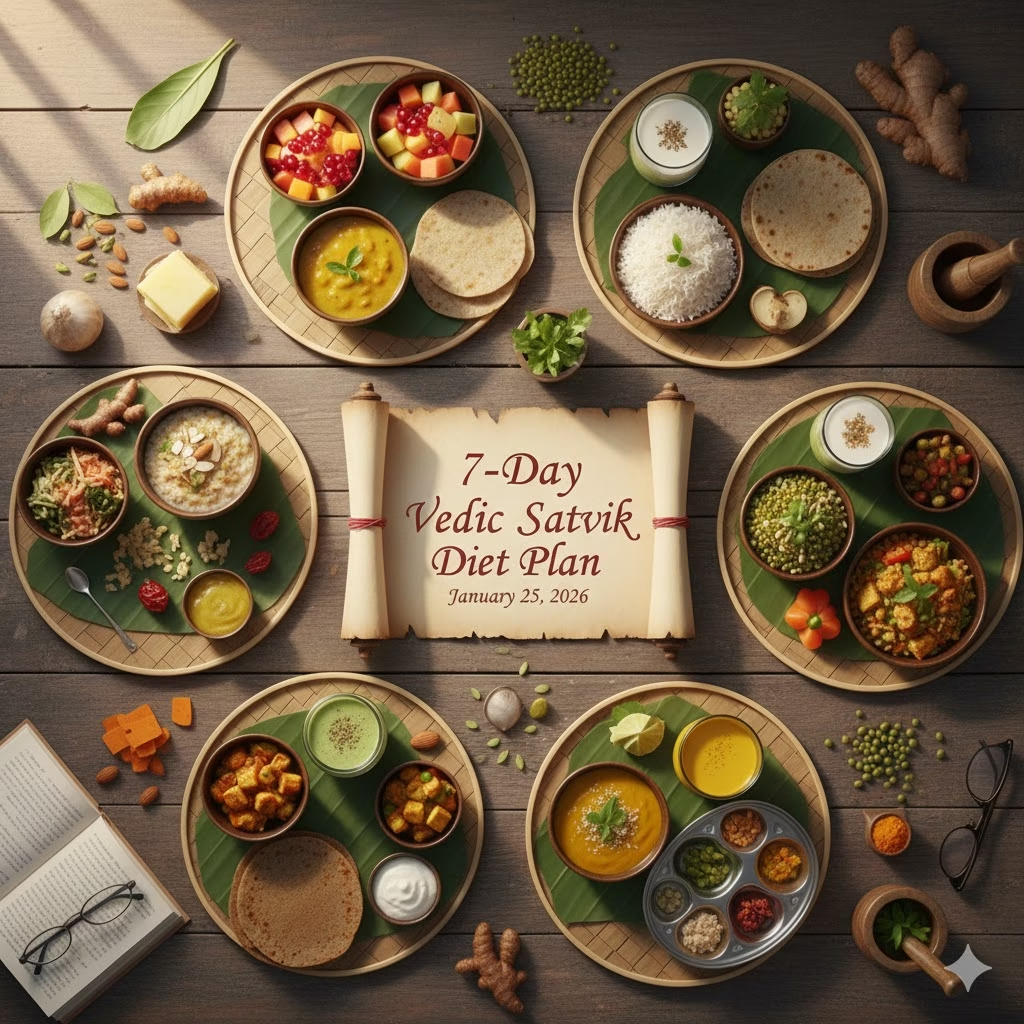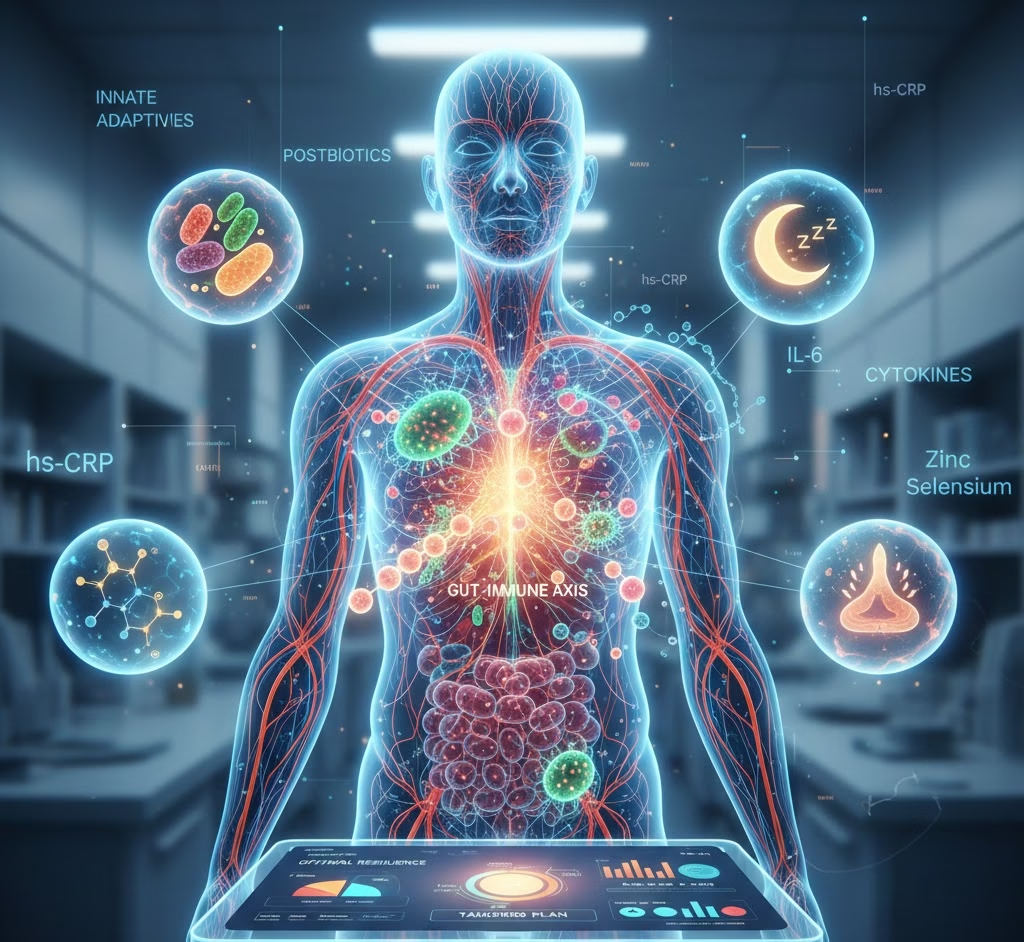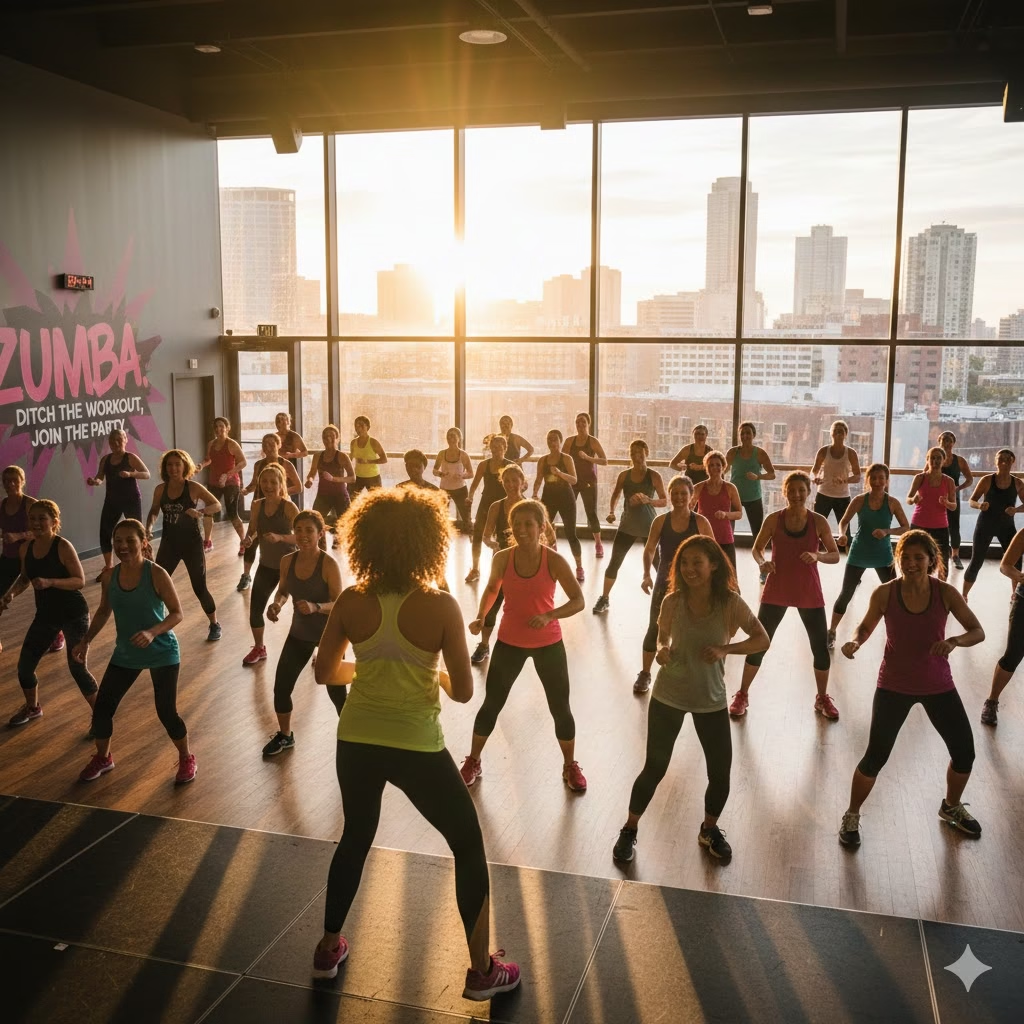
Why Gaining Weight May Be Tough for Others
Gaining weight, for some individuals, can be as difficult, if not more difficult, than losing it. If you possess a quick metabolism or struggle with gaining weight, you understand the frustration of consuming more and not noticing much of an impact.

Your genes have a large role in how your body metabolizes calories, and on occasion, disease can complicate the process further. But don’t despair, because with the correct plan, weight gain and muscle building are entirely feasible.

Eat More, But Eat Smart
To gain weight, you must consume more calories than your body expends daily. To boost your calorie intake, most experts recommend beginning with 300 to 500 more calories a day. But it is not about consuming more food, as it is about eating the correct type of food.

Opt for calorie-rich and nutrient-dense foods such as nuts, seeds, dried fruits, whole milk, Greek yogurt, and healthy oils. These provide your body with the fuel it requires, coupled with the vitamins and minerals needed for overall wellness.

Protein Power for Muscle and Recovery
Protein is very important for muscle building and your body’s recovery from the gym. Attempt to consume 0.6 to 0.9 grams of protein per pound of body weight daily. It’s ideal to divide your protein intake throughout your meals and snacks.

Some good sources of protein are eggs, fish, chicken, lentils, beans, tofu, cottage cheese, and protein shake smoothies. Protein is a must after exercise and must be included in your post-workout routine, according to the Mayo Clinic Health System.

Healthy Fats to Max Out Calories
Fats are one of the simplest means of increasing calories in your meals, but it depends on what kind of fat you consume. Opt for healthy fats found in avocados, olive oil, nuts, seeds, and fatty fish such as salmon. Not only will these assist in getting to your calorie targets quicker, but they are also beneficial for heart and brain health. Just be aware that fat is extremely calorie-dense, meaning that even small amounts suffice.

Carbs That Provide Energy and Promote Growth
Carbs are your body’s go-to energy source, particularly if you’re active or exercising regularly. Opt for complex carbs such as sweet potatoes, oats, quinoa, brown rice, beans, lentils, corn, and peas. These power your exercise routine, restore muscle energy stores, and provide your body with the nutrients required to remain healthy and strong.

Intelligent Meal Timing to Make Eating Less Challenging
If you get full fast or can’t handle large meals, eat smaller portions frequently throughout the day. Eating five or six meals and snacks rather than three can help you reach your calorie target without feeling bloated. Quick go-to snacks are trail mix, nut butter on toast, granola, and dried fruit. Eating at regular times also helps maintain your energy levels during the day.

Get More Calories Through Drinks
In some cases, it’s easier to drink your calories than eat them. Smoothies, protein shakes, and full-fat milk can contribute to increasing your intake without overloading your appetite. Experiment with blending Greek yogurt, nut butter, bananas, and avocado for a calorie-rich smoothie. Even replacing water with milk or a shake a few times a day can be a big plus.

Gain Muscle and Increase Appetite through Exercise
Exercise, particularly strength training, will not only make your muscles bigger but also increase your appetite as well. Do at least 30 minutes of exercise per day, and incorporate some type of resistance exercise such as weight lifting or body weight training. This type of exercise will prompt your body to create muscle, and combined with sufficient calories and protein, it can truly speed your progress.

Don’t Forget the Small Stuff: Micronutrients and Functional Foods
Vitamins and minerals play a big role in energy, recovery, and performance. Iron and vitamin D are especially important if you’re active. Combine iron-rich foods like leafy greens with sources of vitamin C (like citrus or bell peppers) to help with absorption. Omega-3s from fish and walnuts can support recovery, while supplements like creatine may help with muscle growth when used alongside proper training and nutrition.

Rest and Hydration Are Important, Too
Hydration assists with energy, digestion, and muscle recovery. Make an effort to ingest at least half your body weight in ounces of fluid daily which includes water, juice, sparkling water, and high-water content foods such as fruits and vegetables. Equally important is obtaining sufficient rest. Your body requires a minimum of seven hours of good sleep nightly, along with rest from rigorous exercise, to heal and become stronger.




